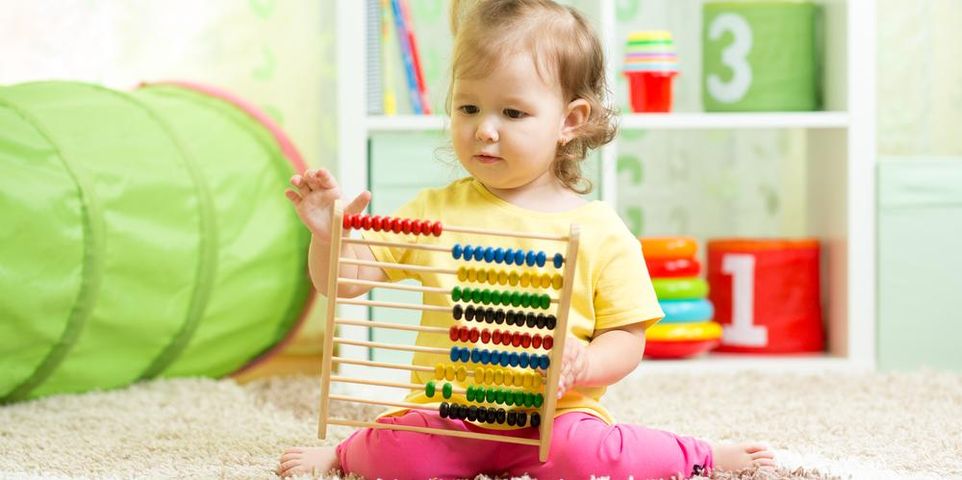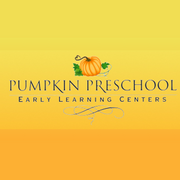5 Things Parents Can Do at Home to Help With Math Readiness

Before your child begins school, it’s important to introduce them to the basics of mathematics. They don’t need to be doing times tables yet, but there are fun, age-appropriate ways to familiarize them with critical thinking and number sense. By building a solid foundation, you’re ensuring that your child will be ready and willing to learn math once they enter an academic setting. Pumpkin Preschool, an early childhood education center, in Fairfield, CT, shares five ways you can integrate mathematical concepts into your child’s life.
How to Help Your Child With Math Readiness
1. Mix in Math With Play
Early childhood is a crucial time for learning and development, but playtime is as valuable during these years. Fitting math in with playtime keeps children interested while getting them accustomed to numbers, geometry, and reasoning. For instance, you can help them understand shapes with blocks, then move on to comparing the sizes of towers when your child stacks them.
2. Use Mathematical Language
Try to naturally include math-related words when speaking with your child. Focus on categorizing and comparing quantities, sizes, and weight. You can ask them, “which stuffed animal is bigger?” or make comparisons such as, “this book is heavy, but that book is light.” This will help your child attach meaning to math words.
3. Have a Helper in the Kitchen
 An easy way to learn and a great way to bond is to let your child be your cooking assistant. Bake cookies or fix up a simple recipe that requires measured ingredients. Tell them what each measuring cup and spoon represents, then help them measure the proper amount. Have your child compare the sizes of cups and spoons and count the necessary quantities out loud.
An easy way to learn and a great way to bond is to let your child be your cooking assistant. Bake cookies or fix up a simple recipe that requires measured ingredients. Tell them what each measuring cup and spoon represents, then help them measure the proper amount. Have your child compare the sizes of cups and spoons and count the necessary quantities out loud.
4. Practice Problem-Solving
Problem-solving and mathematical reasoning is sometimes a frustrating area of learning during early childhood. Get your child thinking critically whenever you can. For instance, when you’re playing with toys, you can create a situation that needs resolving. Say you have three snacks and want to split them evenly between you, the teddy bear, and the doll. Ask your child, “if everyone will get a snack, how many should each get?”
5. Count & Add on the Go
Find opportunities to help your child practice counting and adding. While walking into your house, ask your child to read the numbers of your address out loud, then add them together if the numbers are small enough. When you’re out grocery shopping, have them count the food items in your cart. There are so many ways to work math into their lives, so be creative!
Pumpkin Preschool offers a compassionate, safe learning environment for all children from six weeks to eight years old. This child care center focuses on healthy development and school readiness through an effective, age-based curriculum. Your child will learn the core basics while making friends, having fun, and building confidence. For more information about their early childhood programs, call (203) 255-7505 or visit them online.
About the Business
Have a question? Ask the experts!
Send your question

